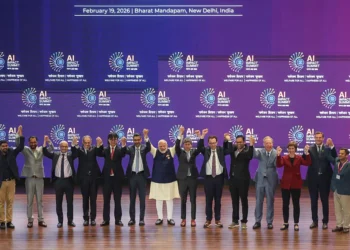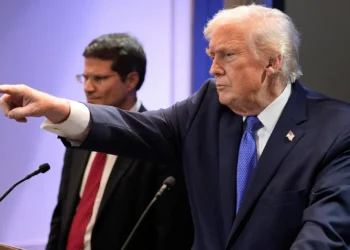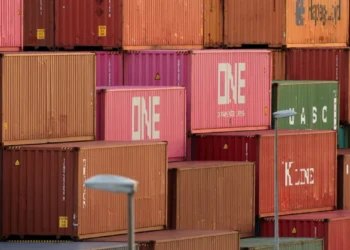MIAMI (Realist English). The United States has imposed a 17% anti-dumping duty on Mexican tomato imports, rekindling long-standing trade tensions and pitting American farmers against their southern competitors. The move, enacted in July 2025 under President Donald Trump, is being hailed by Florida tomato growers as a lifeline for an industry in decline — and condemned by Mexico as protectionist overreach.
Once the heart of U.S. tomato production, Florida boasted more than 60,000 acres of tomato fields in the 1990s. Today, less than half remains under cultivation. U.S. farmers blame Mexican competition, accusing exporters of selling tomatoes below cost — a claim Mexican producers reject.
“It was a shock to see the Trump administration stand up for us,” said Bob Spencer, president of West Coast Tomato in Florida. While grateful, he acknowledged the broader decline: “It’s happiness, but with a tinge of sadness, thinking about the ones that haven’t survived.”
Mexico now supplies over 60% of fresh tomatoes consumed in the U.S., benefiting from lower labor costs, better weather, and major investments in greenhouse technology. “In Florida, they’re doing what they’ve always done,” said Germán Gándara, head of the Mexican Association of Protected Horticulture. “We’ve evolved — in technology, varieties, quality.”
Gándara, also CEO of Ganfer Greenhouses, said the duty is already affecting Mexico’s $7bn tomato industry, which employs half a million people. While layoffs have been avoided so far, he warned that smaller exporters are struggling to meet the financial requirements imposed by the new U.S. rules. Ongoing cartel violence in Sinaloa, Mexico’s top-producing region, is compounding the pressure.
The U.S. has no short-term replacement for Mexican tomatoes, particularly in winter. While American producers say farm-level prices might rise without hitting consumers, Mexico’s National Agricultural Council expects retail prices to increase by 11.5%.
The tariff stems from a long-running dispute that began shortly after NAFTA took effect in 1994. A 1996 agreement between the two countries suspended a U.S. anti-dumping probe, instead setting a minimum price floor. Though revised several times, Florida growers remained dissatisfied. In July, the Trump administration withdrew from the deal, triggering the new duty.
Critics in Mexico see politics behind the decision. “This is just more evidence of Trump’s deep protectionism,” said Juan Carlos Baker, former deputy economy minister. “In this case, political movements in Florida outweigh trade commitments.”
Mexico’s new President Claudia Sheinbaum has pledged support to the sector, but budget constraints limit her options. Talks continue between Washington and Mexico City, but with little immediate progress.
“There’s really no discussion right now,” said Robert Guenther, executive VP of the Florida Tomato Exchange. “Everyone’s just sitting and trying to figure out how this is going to work.”
While Trump frames the tariff as a defense of U.S. industry, Gándara sees it differently: “Our production is complementary. If the supply chain breaks, the damage will be felt on both sides of the border.”


















